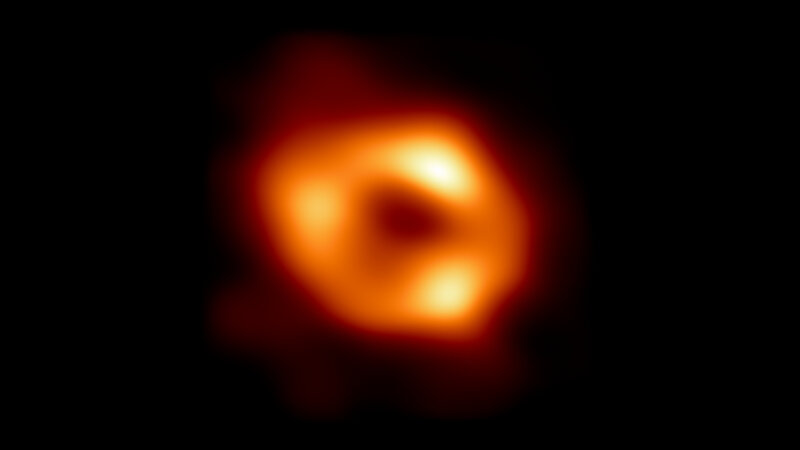More than a century ago, physicist Albert Einstein predicted the existence of black holes—points in space where gravity is so powerful nothing, not even light, can escape their pull.
Since then, black holes have become fixtures in science fiction. They’re potent symbols of mystery in part because we know so little about them.
But a lot has changed in the past decade. We understand more about these cosmic phenomena than ever before, including what they sound like.
NASA originally released audio of the sounds black holes make in May. A tweet featuring the sound from the agency last week received millions of listens, sparking renewed interest in the subject.
“The misconception that there is no sound in space originates because most space is a ~vacuum, providing no way for sound waves to travel. A galaxy cluster has so much gas that we’ve picked up actual sound. Here it’s amplified, and mixed with other data, to hear a black hole!” the account wrote.
We speak to the scientist who led the project to capture the sound and two astrophysicists to better understand black holes—the one place where the laws of physics don’t apply.



 Space
Space Science
Science



